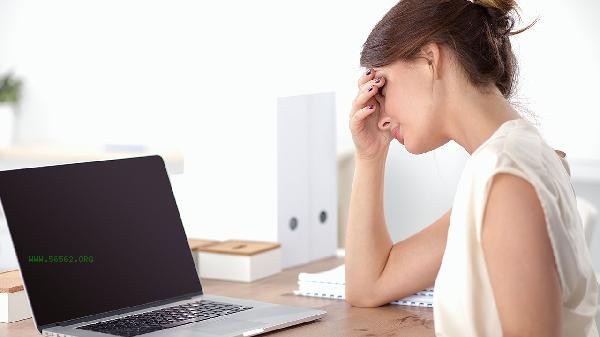Menopausal bloating can be alleviated through adjusting diet, moderate exercise, emotional management, abdominal massage, medication intervention, and other methods. Menopausal bloating is usually related to hormone fluctuations, weakened gastrointestinal function, improper diet, mental stress, chronic diseases, and other factors.

1. Adjust diet
Reduce the intake of gas producing foods such as beans and onions, and choose digestible foods such as millet porridge and yam. Eat small meals multiple times a day to avoid overeating. Moderate consumption of mint tea or ginger tea can help soothe the gastrointestinal tract, while ensuring sufficient water intake to promote metabolism.
2. Moderate Exercise
Engage in low-intensity activities such as brisk walking or yoga for half an hour every day to promote intestinal peristalsis. Avoid prolonged sitting and get up and move for 5 minutes every hour. Kegel exercises can enhance pelvic floor muscle strength and improve urinary leakage problems associated with bloating.
3. Emotional Management
Relieves anxiety through mindfulness meditation and breathing training. A decrease in estrogen levels can easily lead to autonomic nervous system disorders and can distract attention by participating in social activities. In severe cases, seek psychological counseling assistance.

4. Abdominal massage
Clockwise circular massage around the navel, combined with hot compress to relieve spasms. Massage acupoints such as Zusanli and Zhongwan for 3-5 minutes each time. It is recommended to do it 1 hour after meals to avoid pressing immediately after eating.
5. Drug intervention
Gastrointestinal motility drugs such as domperidone and mosapride can improve peristaltic function. Probiotic preparations regulate gut microbiota, while lactase production helps break down lactose. Estrogen replacement therapy should be used strictly according to medical advice. Menopausal women should establish a regular schedule and ensure 7-8 hours of sleep. Daily intake of 30 grams of dietary fiber, moderate supplementation of vitamin B and magnesium elements. Record the relationship between diet and bloating, and avoid personal sensitive foods. If accompanied by severe abdominal pain, weight loss, or rectal bleeding, it is necessary to promptly investigate organic diseases. Persisting in pelvic floor muscle training and abdominal breathing, long-term maintenance can significantly improve abdominal discomfort.





Comments (0)
Leave a Comment
No comments yet
Be the first to share your thoughts!